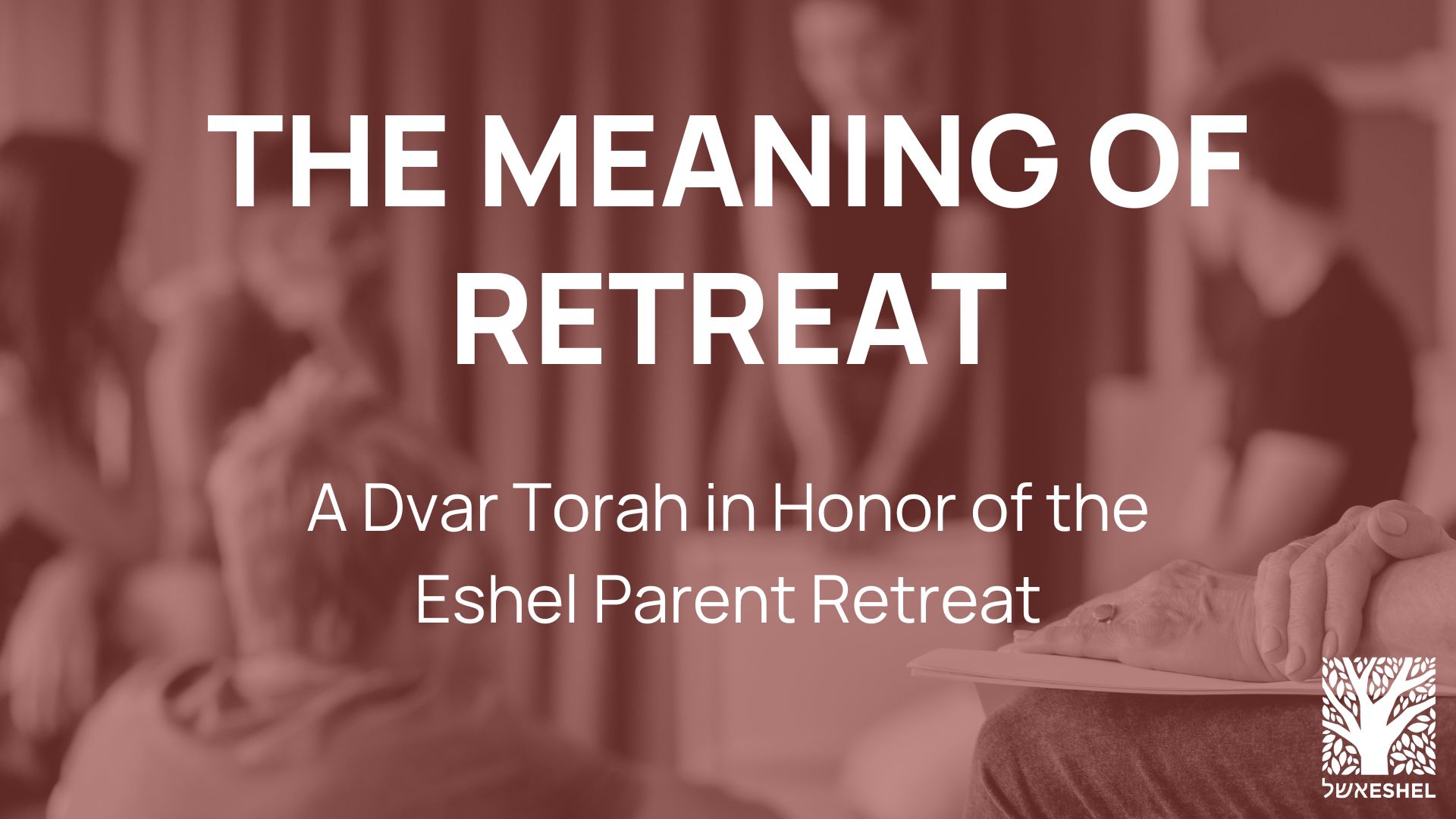
And you shall not leave the entrance of the Tent of Meeting for seven days, until the day of the completion of your investiture days, he will inaugurate you for seven days … And you shall stay day and night for seven days at the entrance to the Tent of Meeting. You shall observe the Lord’s command, so that you will not die, for thus I was commanded. And Aaron and his sons did all the things that the Lord commanded through Moses.
וּמִפֶּתַח אֹהֶל מוֹעֵד לֹא תֵצְאוּ פֶּן־תָּמֻתוּ כִּי־שֶׁמֶן מִשְׁחַת יְהֹוָה עֲלֵיכֶם וַיַּעֲשׂוּ כִּדְבַר מֹשֶׁה׃
And do not go out of the entrance of the Tent of Meeting, lest you die, because the Lord’s anointing oil is upon you.” And they did according to Moses’ order.
Both passages command the Kohanim to seclude themselves in the Tent of the Meeting for seven days. But the reason and the purpose of each seclusion was different.
In the Shmini passages, the Kohanim were mourning their loss and retreated in order to self-repair, to lick their wounds. In the Tzav passages, the Kohanim were retreating in order to learn, to serve, to become better versions of themselves as Kohanim.
We, at the Eshel retreat, are not here to mourn, or to hide. We are here to learn, to serve and to become better parents of and advocates for our children.
